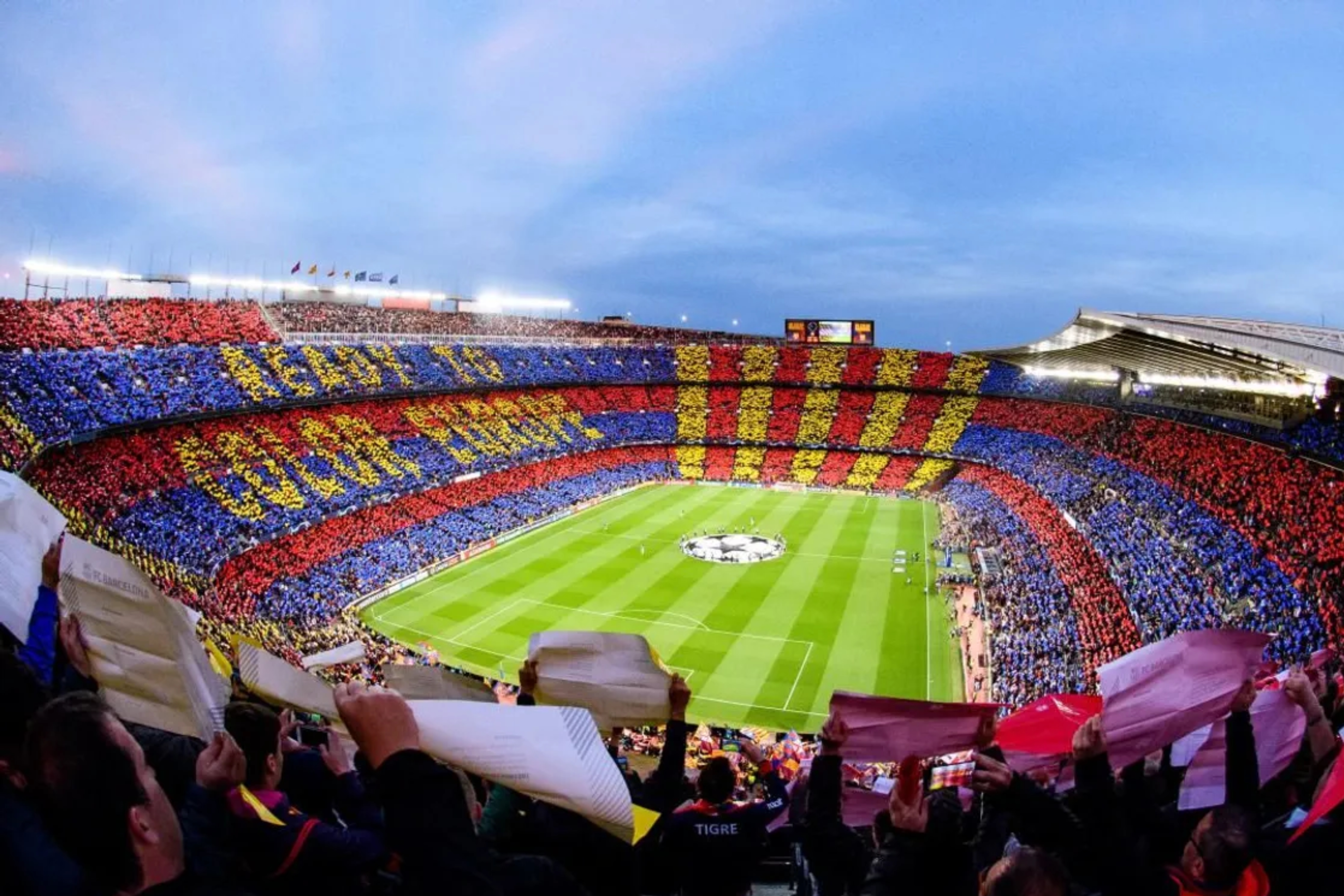In a world where sports must align with sustainability goals, FC Barcelona leads by example. As the first football club to earn the Biosphere Certified label, the club shows how sustainability, innovation, and social responsibility can reshape the role of sports in creating a better and more equitable future.

In a reality marked by constant environmental challenges, sports have become a powerful tool for transformation.
Football, considered the most followed sport globally, holds immense potential to lead the shift toward a more sustainable future.
Within this context, Fútbol Club Barcelona has positioned itself as a benchmark in sustainability, becoming the first and only football club to receive the Biosphere Certified distinction—an international recognition of its commitment to sustainability across all its departments. Sustainability in every corner of the club.
FC Barcelona has proven that sustainability can be integrated into every aspect of sports management. Its practices align with the United Nations’ Sustainable Development Goals (SDGs) and translate into concrete actions ranging from energy efficiency to social inclusion.
Responsible infrastructure.

The Catalan club has implemented measures to reduce the environmental impact of its facilities, such as the use of solar energy, LED lighting systems, and efficient climate control technologies.
Additionally, the renovation project of the Spotify Camp Nou—the stadium where Barcelona regularly plays—follows sustainable construction criteria, including the use of recycled materials and l.ow-energy consumption solutions.
Conscious mobility.

FC Barcelona promotes the use of public transportation and bicycles among its employees, recognizing the environmental impact of private vehicles.
The club has also developed sustainable mobility plans for match days, helping reduce traffic congestion and improve air quality around the stadium.
Waste management and circular economy.

The club has implemented recycling systems throughout its facilities, progressively eliminating single-use plastics and encouraging the use of recycled materials.
It also collaborates with local suppliers, reducing the carbon footprint associated with its supply chain.
Education and awareness.

Through the Barça Foundation, the club runs educational programs that promote values such as respect and equality in sports.
These initiatives reach not only the club’s staff but also its millions of fans around the world.
Social commitment and equity.

FC Barcelona actively works to include vulnerable groups and promote equal opportunities.
Its women’s team is considered the best in the world, having won numerous titles such as the Liga Iberdrola and the UEFA Women’s Champions League.
Football as a global force for change.

Soccer not only entertains—it also educates, inspires, and transforms. At a time when the planet urgently needs sustainability role models, clubs like Real Madrid, Liverpool, Bayern Munich, and Paris Saint-Germain have emerged as powerful examples of environmental responsibility.
Real Madrid has solidified its commitment by publishing an annual Sustainability and Corporate Social Responsibility Report, highlighting initiatives such as the use of recycled water to irrigate the pitch and LED lighting systems throughout its facilities.
Liverpool, through its The Red Way strategy, sources 100% of its energy from renewable sources and has replaced over 1.6 million plastic items with biodegradable alternatives.
Bayern Munich, under the motto “Mitnand” (Together), has structured its sustainability campaign around four key pillars: diversity and inclusion; climate and environment; health and safety; and a responsible supply chain.
Finally, Paris Saint-Germain has reduced its carbon footprint while promoting responsible practices and environmental education.
At Biosphere Sustainable, we encourage these clubs to join our community and continue leading the way in responsible and sustainable practices.















